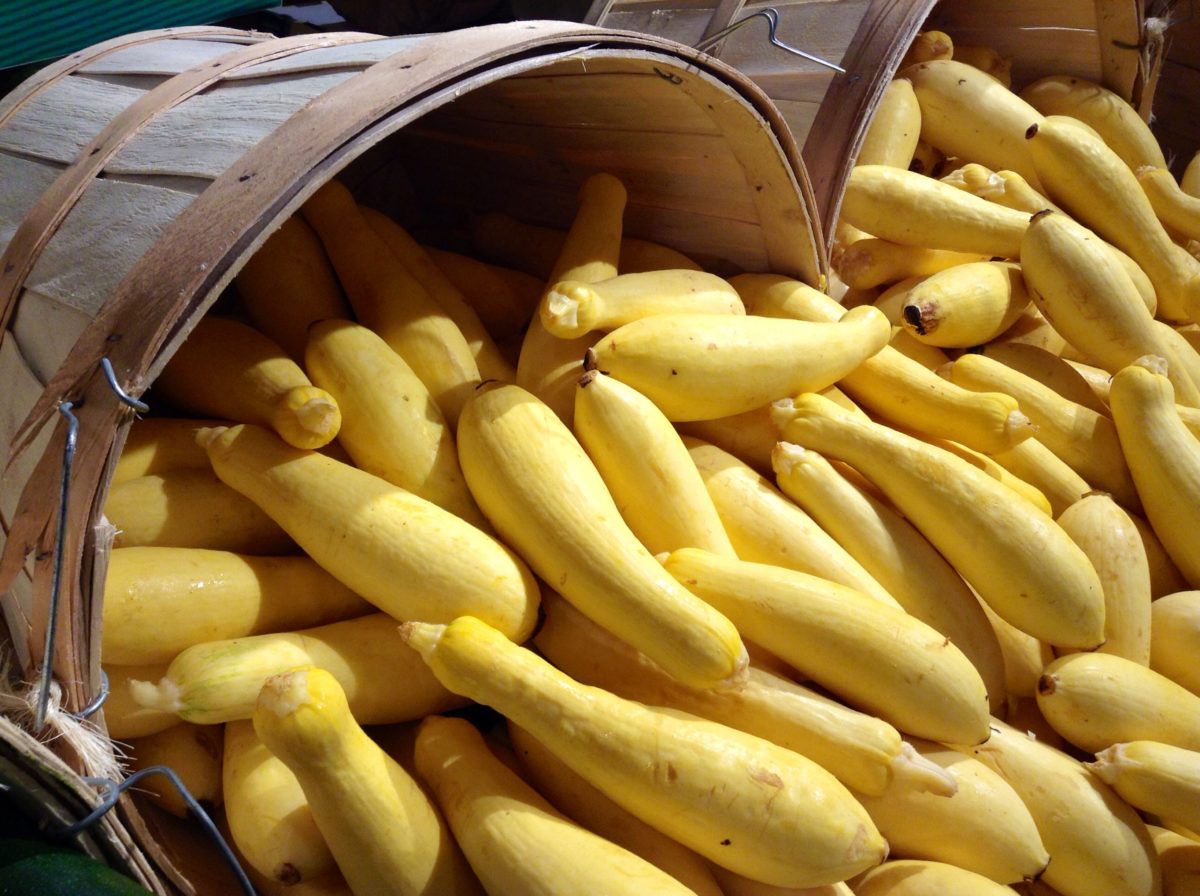
By Clint Thompson
Whitefly-transmitted viruses were a major focus during the Southeast Regional Fruit and Vegetable Conference in Savannah earlier this month.
Squash remains the most vulnerable cucurbit to whiteflies and the viruses they transmit. Cucumber is still the least vulnerable.
Some growers utilize yellow squash as a major part of their crop profile. It is not feasible for them not to grow the crop. They need varieties that are more tolerant of whitefly-transmitted viruses.

Ted McAvoy, University of Georgia Extension vegetable specialist, discussed squash varieties at the conference.
“We are seeing different levels of tolerance in different crop species and varieties within those crops. A lot of it is probably well known that yellow squash was hardest hit. However, there are some varieties that are performing better, such as Lioness and Cougar,” McAvoy said. “In addition, I think we have some new crop opportunities, such as butternut squash that seem like they aren’t typically grown in Georgia and could be explored.
“Probably the most common thing that’s grown would be cucumber that would be recommended. It is relatively safe, followed by zucchini, which would be moderately risky, and yellow squash would be the most risky.”
Longer-Term Solution
The implementation of more tolerant varieties is more of a short-term solution. Breeding resistant varieties is a longer-term solution.
“What I’m really looking forward to is stuff coming out of the breeding program that Dr. Cecilia McGregor is breeding. I’ve seen the watermelon she puts out in the fall. My watermelon gets about two feet and stops growing because of virus. We’ve never been able to produce watermelon in the fall. Her material looks really excellent,” McAvoy said. “The squash cucurbit, I don’t think she’s made as much progress, but we are working on it and screening, and I’m sure we’ll find the best solutions.”










